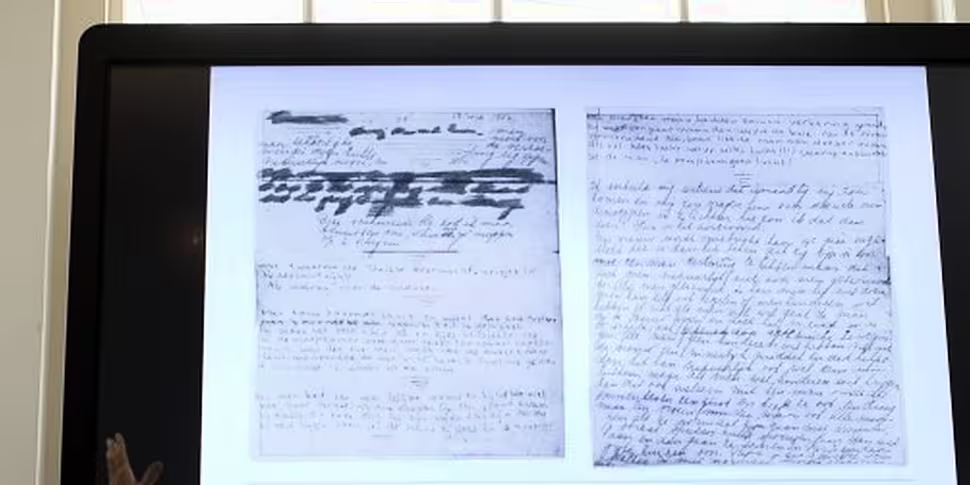Details have been revealed about hidden pages from Anne Frank's World War 2 diary.
The Jewish teenager wrote the now-famous diary while hiding from Nazis in Amsterdam with her family in a secret annex between July 1942 and August 1944.
Anne died at a concentration aged 15 after her family were arrested, but her diary was published by her father Otto - the only surviving family member - in 1947.
The hidden text was originally covered up with gummed paper in the teenager's first diary.
The original diary was photographed in 2016, along with the hidden pages - and digital technology was used to help the text become visible.
However, researchers have now published the details.
The @annefrankhouse , with @HuygensING and @NIODAmsterdam, today presented the hidden text on two pages covered up with gummed paper in the first #diary of #AnneFrank, with its red checked cover. Thanks to new technology the text on the hidden pages has now been made legible. pic.twitter.com/cw9z0JnNFI
— Anne Frank House (@annefrankhouse) May 15, 2018
On September 28th 1942, Anne wrote: "I'll use this spoiled page to write down 'dirty' jokes."
One joke reads: "Do you know why the German Wehrmacht girls are in the Netherlands? As mattresses for the soldiers."
As well as the jokes, she also wrote 33 lines about sex education, and specifically mentions prostitution.
The Anne Frank House - a museum located at the building where Anne and her family hid - stresses these passages are 'not exceptional' in Anne's writing, noting that she also wrote openly about sexual subjects elsewhere.
Ronald Leopold, executive director of the Anne Frank House, explained: "Anne Frank writes about sexuality in a disarming way. Like every adolescent she is curious about this subject. She also writes about it on other, uncovered pages.
"Given the great public and academic interest we have decided, together with the NIOD Institute for War, Holocaust and Genocide Studies and the Huygens Institute for the History of the Netherlands, to publish these texts and share them with the world. They bring us even closer to the girl and the writer Anne Frank."









